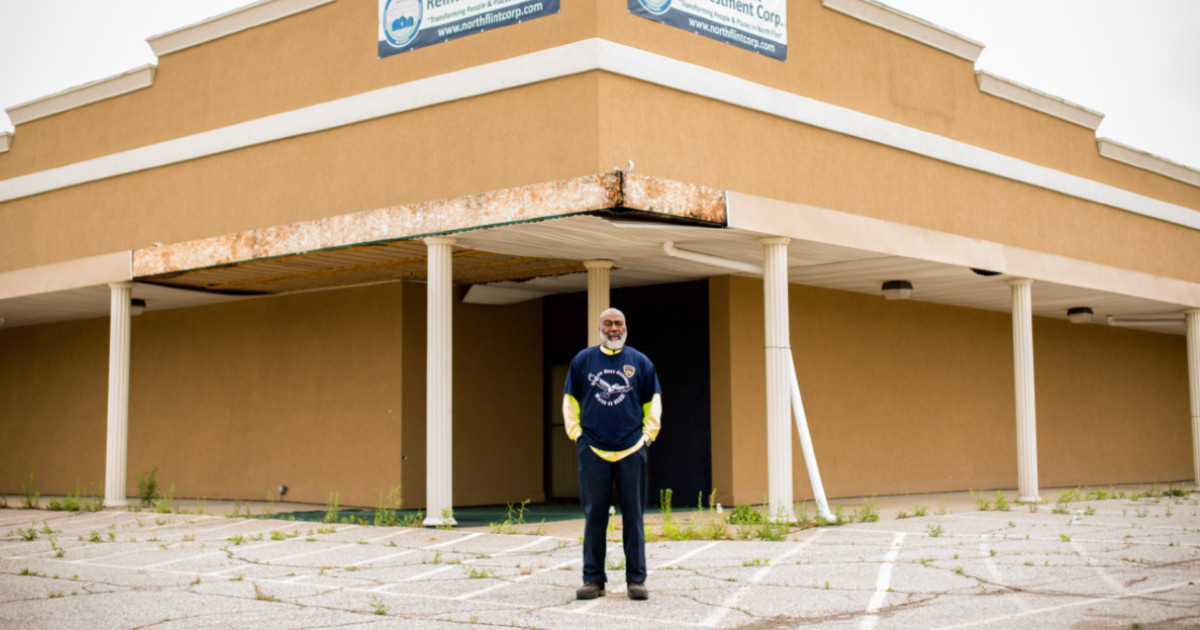The reason that you perceive it in this way is beacuse tthose that call themselves Libertian arre influenced by the conservative ideology and therefor further away from the left liberals than a right liberal would be.
Liberalism is a political tradition where the central issue is always about the conditions for the individual to shape his or her own life - and in free interaction with others. The liberal ideology advocate openness, tolerance and democracy, value freedom and justice highly, and are critical of state powers. Liberals emphasize that the individual should be protected from concentrations of power in society, such as the state, and that society must be organized in a fair way that recognizes the equal value of every individual.
Liberalism's close relationship with democracy means that ideology is often associated with certain particularly distinctive freedoms and rights. These include freedom of expression, religion and organization, as well as universal and equal suffrage, human rights and property rights. Liberals also value the rule of law highly, which means, among other things, that they believe in the rule of law and the presumption of innocence. A free market economy is important.
Left-liberalism (or socialliberalism) is a vague term that has been used from time to time in the political debate in recent decades. Usually it refers to liberals that emphesize on equal education opportunities and wants a very basic form of society support. Classical liberalism is based on a negative definition of freedom (i.e. that freedom is achieved when there is no prohibition or coercion), while left liberalism also contains a positive definition of freedom. There, freedom also means being able to achieve one's own goals, regardless of material limitations. Social liberals are usually in favor of a stronger social safety net and some public intervention in the economy (as opposed to pure liberalism). But still a long way from socialism and still with emphesize on the core liberal values.



